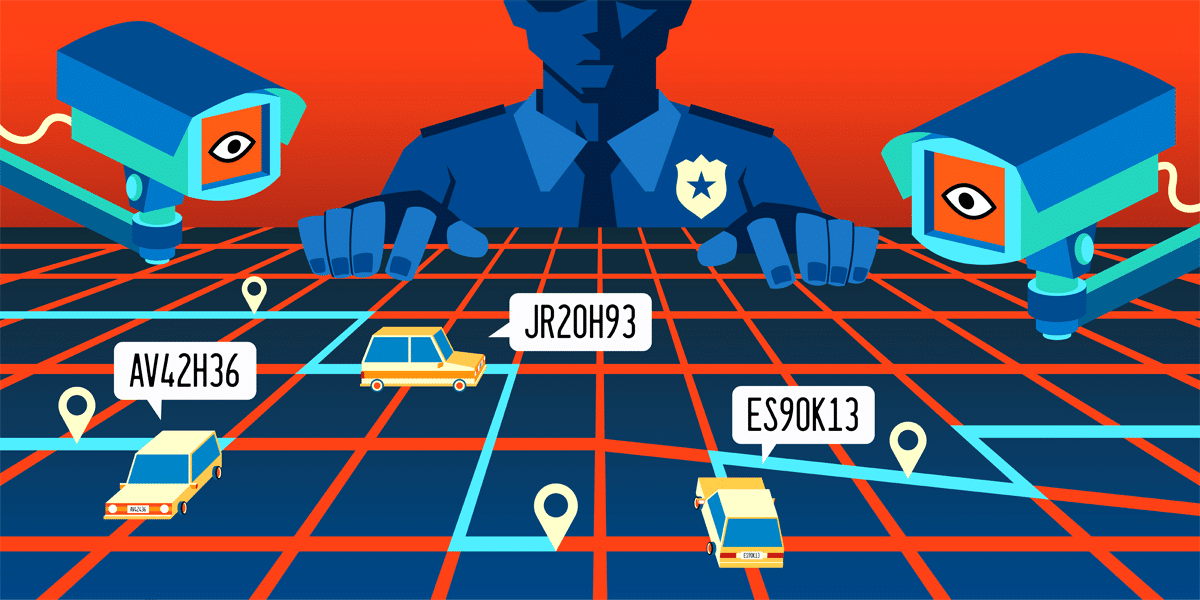In San Jose, California, the police is facing serious allegations of violating the State Constitution after conducting warrantless searches in databases storing information on the habits and movements of millions of drivers. The complaint was filed by the Electronic Frontier Foundation (EFF) and the American Civil Liberties Union of Northern California (ACLU-NC), who aim to stop the practice of accessing data collected by automatic license plate readers (ALPR).
The lawsuit, filed in the Santa Clara County Superior Court, also represents Services, Immigrant Rights and Education Network (SIREN) and the Council on American-Islamic Relations of California (CAIR-CA). According to the legal document, agents have been accessing location information without the backing of a warrant, using invasive surveillance technology. ALPRs are cameras that automatically capture images of license plates without the need for suspicion of criminal activity.
The lawsuit argues that a driver who regularly travels through ALPR-monitored areas could have their location information recorded multiple times a day. This data collection can reveal movement patterns and provide a detailed portrait of a person’s life, including trips to work, visits to places of worship, and medical appointments. In this way, the police can reconstruct the journey of each individual without proper oversight.
With about 500 ALPRs deployed in the city, San Jose collects millions of monthly records on the movements of its citizens, keeping this information for one year. This raises serious concerns about the unregulated power of authorities to track the movements of residents and visitors.
The lawsuit, which also includes Mayor of San Jose Matt Mahan and Police Chief Paul Joseph, requests that the city and its police force be required to obtain a warrant before searching the ALPR database. According to state law, location information must remain protected, and any access to it requires justification before a court.
Representatives from SIREN and CAIR have emphasized that this case is not just about technology, but about accountability and the right to freedom of movement without being observed. Zahra Billoo, Executive Director of CAIR in the San Francisco Bay Area, commented that the idea of police being able to track every movement without cause is alarming. Huy Tran, Executive Director of SIREN, stressed the importance of safeguarding residents’ privacy rights, suggesting that access to this data should be subject to judicial oversight.
Both organizations hope that this case will reaffirm constitutional rights and limit mass surveillance, especially in a context where advanced technologies can expose intimate details of people’s lives.
Referrer: MiMub in Spanish











